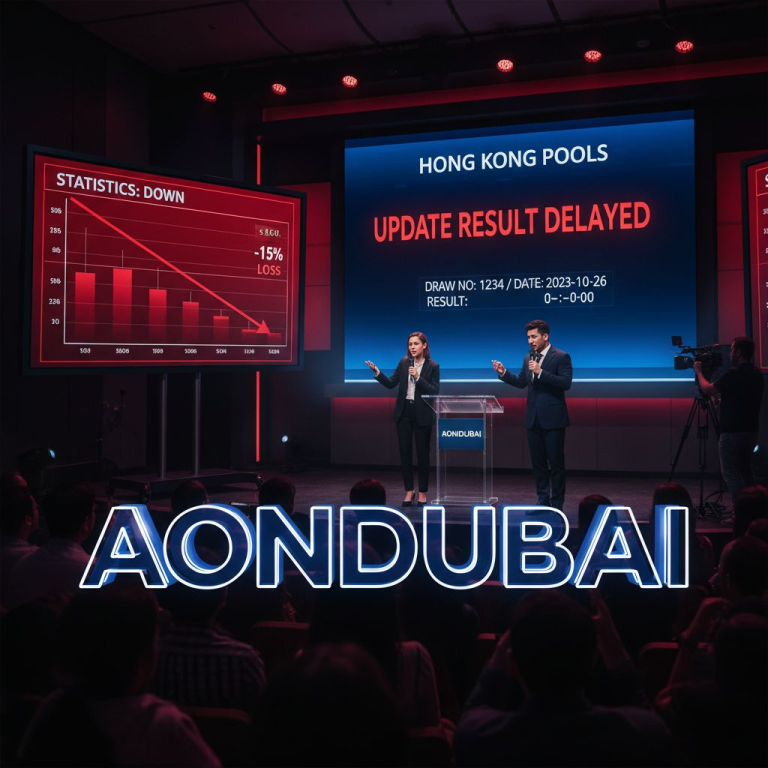
Comprehensive Analysis Identifying Growth Opportunities in the Pools Market
The pools market has emerged as one of the most dynamic and rapidly evolving segments of the global digital economy. Once confined to traditional, localized systems, it has now transformed into a modern, technology-driven industry. Digital platforms have allowed participants from across the world to engage in pools activities, while investors and regulators are taking increasing interest in its growth potential.
This comprehensive analysis examines how the pools market has evolved, the challenges it faces, and the opportunities it presents. By focusing on technology, regulation, consumer behavior, and global trends, the article identifies where growth is most likely to occur and how stakeholders can prepare for the future.
Evolution of the Pools Market
The pools market has undergone a dramatic transition over the past two decades. Originally, participation was restricted by geography and reliant on manual processes. Communities operated through simple, localized systems, and expansion was limited by infrastructure and accessibility.
The rise of the internet and mobile technology fundamentally altered this landscape. Today, pools activities are hosted on digital platforms that allow for real-time participation, instant transactions, and broader global interaction. Payment systems, from digital wallets to blockchain-based solutions, have further accelerated this evolution by offering speed, transparency, and trust.
This shift demonstrates not just modernization, but a complete redefinition of the pools market’s identity. What was once a fragmented system has become an integrated digital ecosystem, connecting millions of participants worldwide.
Regulatory Developments and Market Confidence
A major factor in the market’s transformation is regulation. In its early days, the absence of clear rules created uncertainty and undermined consumer trust. Without oversight, irregular practices occasionally damaged the industry’s reputation.
Governments eventually recognized the need for structured regulation to protect consumers and legitimize market operations. Countries like the United Kingdom established strong frameworks that emphasize transparency and accountability. Singapore followed with technology-friendly regulations, ensuring compliance while encouraging innovation.
However, not all regions have achieved similar progress. In many emerging markets, policies remain inconsistent or underdeveloped, posing challenges for international operators. The lack of harmonization can complicate expansion strategies, highlighting the need for cross-border cooperation and standardized practices.
Still, the trend is clear: regulation, when properly implemented, creates confidence, fosters trust, and drives growth. A well-regulated pools market can attract new participants, stabilize operations, and create opportunities for long-term investment.
Technology as a Driver of Growth Pools Market
Technology remains the single most important catalyst for expansion in the pools market. Several innovations are shaping the industry’s current trajectory:
- Artificial Intelligence and Machine Learning: These tools help operators analyze consumer behavior, predict patterns, and detect irregularities in real time. They enhance both risk management and personalization, making platforms more efficient and user-friendly.
- Blockchain: By ensuring transparency and security, blockchain reduces the risk of fraud. Immutable ledgers guarantee that transactions cannot be tampered with, building stronger trust among participants.
- User Experience Design: Consumers expect intuitive, seamless platforms that resemble their everyday digital interactions. Operators who combine simplicity with sophistication are better positioned to capture market share.
Technology does more than just improve efficiency; it defines competitiveness. Companies that invest in innovation are not only addressing present needs but also preparing for future shifts in consumer expectations.
Shifting Consumer Behavior and Market Perceptions
The pools market is being reshaped by changing demographics and behaviors. Younger generations, accustomed to digital-first experiences, expect interactivity, engagement, and convenience. As a result, many platforms are moving beyond traditional number-based systems to incorporate gamification, community features, and hybrid forms of entertainment.
At the same time, the industry continues to face perception challenges. In some societies, pools activities are still viewed with skepticism, linked to outdated stereotypes or concerns about misuse. Overcoming these challenges requires transparency, responsible practices, and effective communication. Platforms that demonstrate integrity and educate participants on responsible engagement are better positioned to expand in such environments.
Global Perspectives and Regional Opportunities
The pools market does not grow uniformly; regional contexts strongly influence its development. Mature markets like the United Kingdom benefit from regulatory stability and consumer trust, creating steady growth. Singapore illustrates how advanced digital infrastructure and progressive regulation can create a highly efficient, secure environment for pools activities.
Emerging markets such as Brazil, India, and parts of Southeast Asia represent enormous opportunities. Rapid internet adoption, widespread smartphone use, and youthful populations drive significant demand. However, these regions also highlight the risks of underdeveloped regulation and infrastructure gaps. The balance between opportunity and risk is particularly delicate here, but the potential rewards for early movers are considerable.
These case studies illustrate a broader point: while strategies must be adapted to local conditions, the universal drivers of success remain regulation, technology, and consumer trust.
Future Outlook Pools Market
Looking ahead, the pools market shows strong potential for sustained growth. Several opportunities stand out:
- Emerging Economies: With expanding digital infrastructure and growing populations, developing regions are likely to drive the next wave of expansion.
- Advanced Technologies: Greater use of AI, blockchain, and predictive analytics will improve efficiency, enhance trust, and personalize consumer experiences.
- Cross-Border Expansion: As regulatory frameworks mature, operators will increasingly look beyond domestic markets to tap into international demand.
Yet challenges persist. Cybersecurity threats remain a pressing concern, as platforms must safeguard sensitive data and financial transactions. Regulatory fragmentation also poses risks, as inconsistent rules can create operational barriers. Finally, public perception will continue to influence growth, requiring operators to maintain strong commitments to transparency and responsibility.
Conclusion
The pools market has reached a pivotal stage in its evolution. From its humble beginnings as a community-based activity, it has become a global digital industry that plays a growing role in the modern economy. Its trajectory reflects broader trends in technology adoption, regulatory development, and consumer behavior.
Growth opportunities are abundant, but realizing them requires careful strategy. Operators must embrace innovation, prioritize transparency, and adapt to shifting consumer demands. Regulators must strike a balance between enabling innovation and ensuring protection. Investors, meanwhile, must recognize both the potential and the risks inherent in this rapidly expanding industry.
If these elements align, the pools market will continue to grow as one of the most dynamic and influential sectors of the global digital economy. Its future will not only determine the success of number-based systems but will also help define how societies engage with digital platforms in an interconnected world.
Discover the latest iGaming updates, honest reviews, and top game recommendations only at AonDubai.




